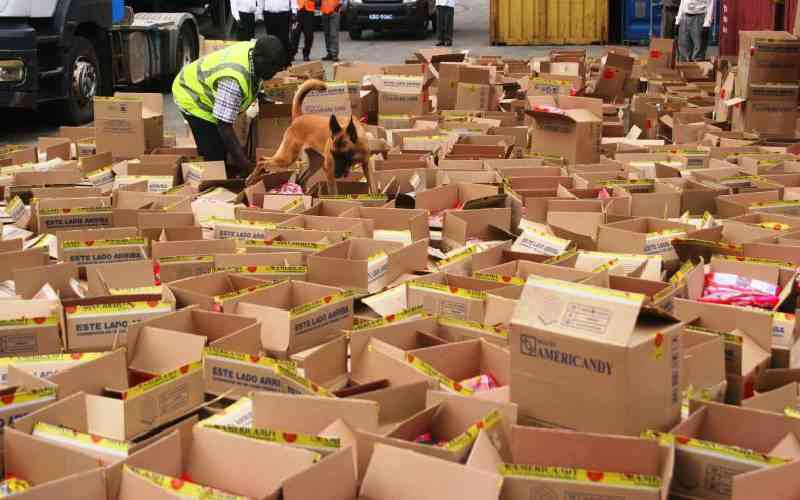×
The Standard e-Paper
Join Thousands Daily

On March 18, 2016, detection dogs attached to the canine unit at the Jomo Kenyatta International Airport helped to bust a pangolin-trafficking network after sniffing out a consignment that had been declared as feathers.
The unaccompanied consignment from Kinshasa in the Democratic Republic of Congo was destined for Bangkok, Thailand. The journey was, however, cut short by dogs which have since almost disrupted the illegal trade and trafficking of wildlife products.